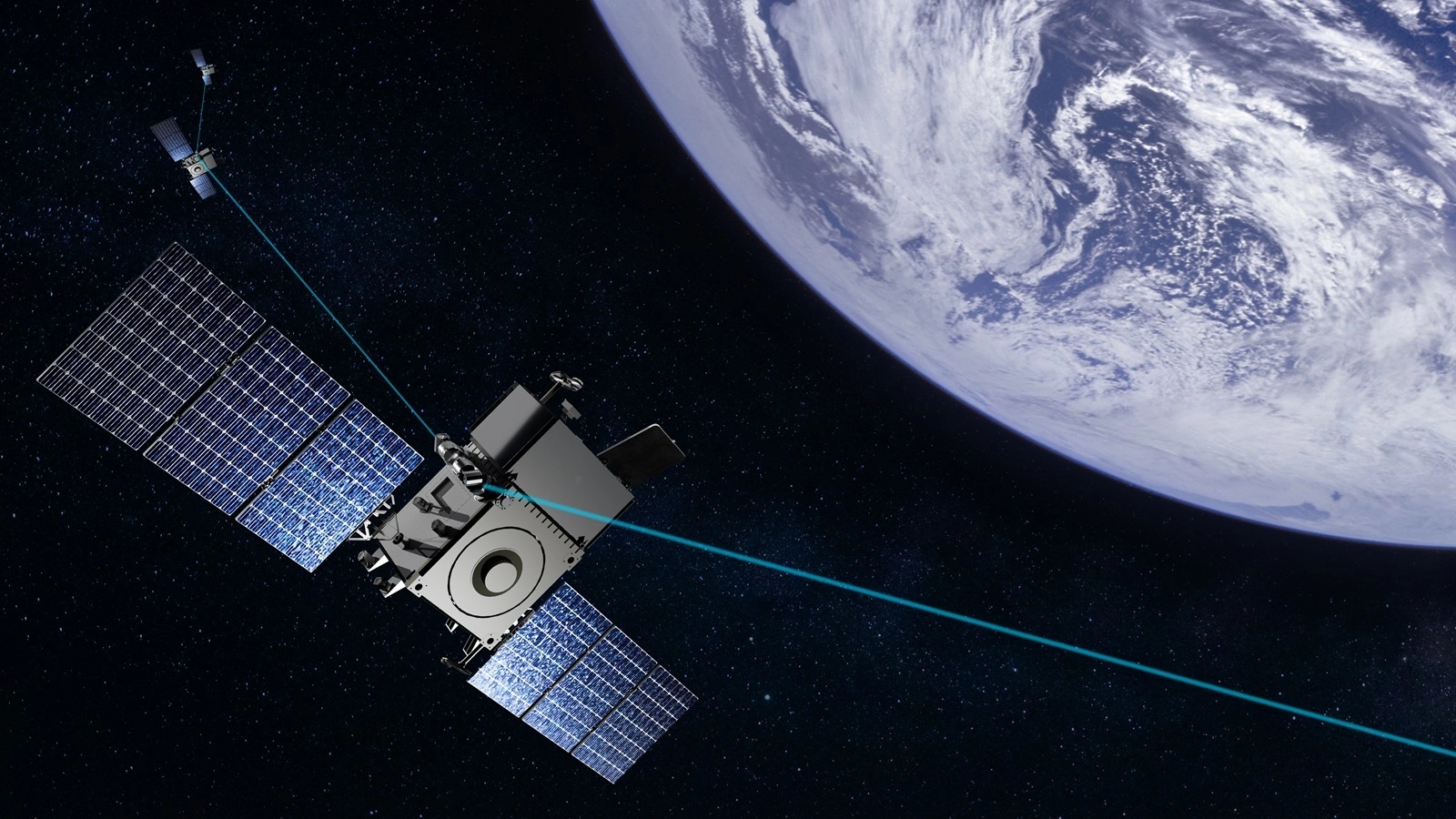QinetiQ helps ESA investigate ExoMars lander's fate

Above: QinetiQ's trasnsceiver is acting like a 'black box' as ESA investigates the fate of the Schiaparelli lander.
Schiaparelli’s entry, descent and landing formed one element of the ExoMars 2016 mission, which also saw the insertion of the Trace Gas Orbiter (TGO) satellite into Mars orbit. However, the EDM was never confirmed to have landed safely on the planet’s surface, leaving uncertainty about what happened to the craft in its final moments.
Scientists at ESA are beginning to answer the questions by analysing data relayed by a QinetiQ transceiver on board the lander in the minutes and seconds leading up to its loss.
QinetiQ’s ultra-high frequency (UHF) transceiver provided a tracking signal and telemetry during the entry and descent. The telemetry was recorded by the TGO for later transmission back to Earth, while the transceiver’s signal was also tracked in real-time by the Pune Radio Telescope in India and the QinetiQ-designed MELACOM transceiver on board Mars Express, operating in Mars orbit since 2003. The data is now being consulted in a similar way to that gathered by an aircraft’s ‘black box’.
Paul Thompson, Electronics & Software Engineering Team Lead, QinetiQ, said: “The headlines may have focused on the loss of the Schiaparelli lander, but the space community is counting the mission’s many successes. The TGO satellite has successfully entered orbit and Schiaparelli achieved many of its objectives in testing technologies such as ours for use in future missions.
“We are naturally disappointed that our transceiver didn’t get the opportunity to transmit for the full planned mission period, but delighted that its effectiveness has been so clearly demonstrated. We’re very proud that the mission-critical data it has provided is playing such an important role.
“QinetiQ is currently building four more UHF transceivers in the UK for use on the Descent Module and Rover vehicle of a planned follow-on ExoMars 2020 mission. We can’t wait to see them in action.”













